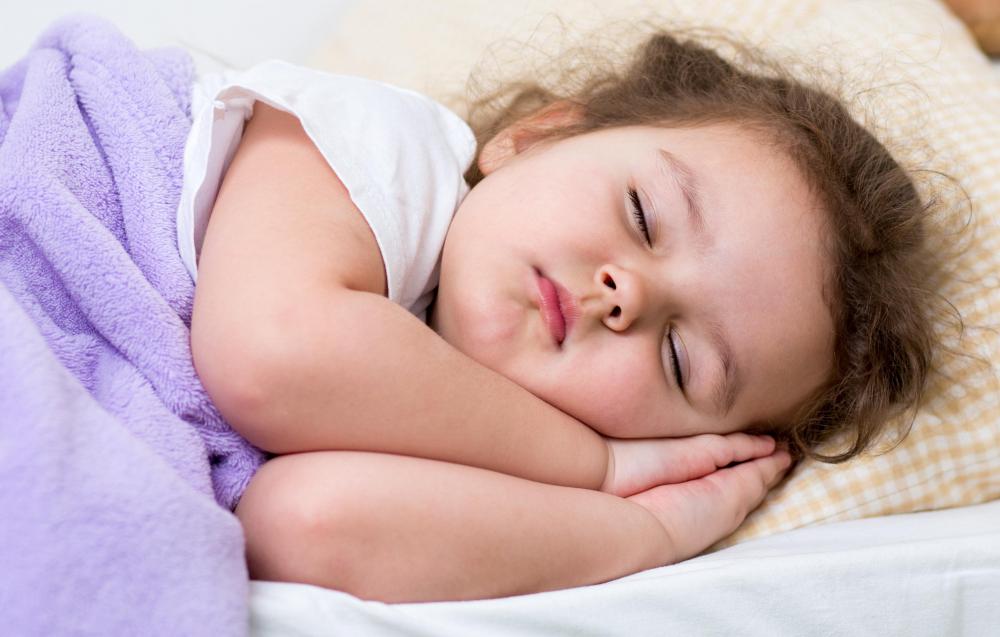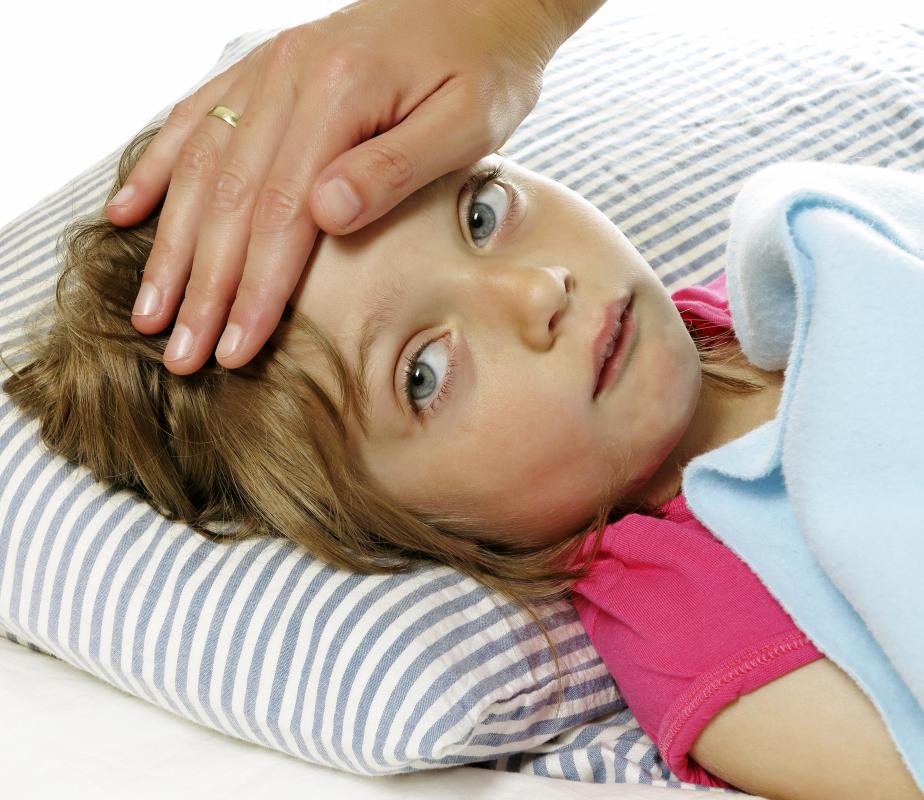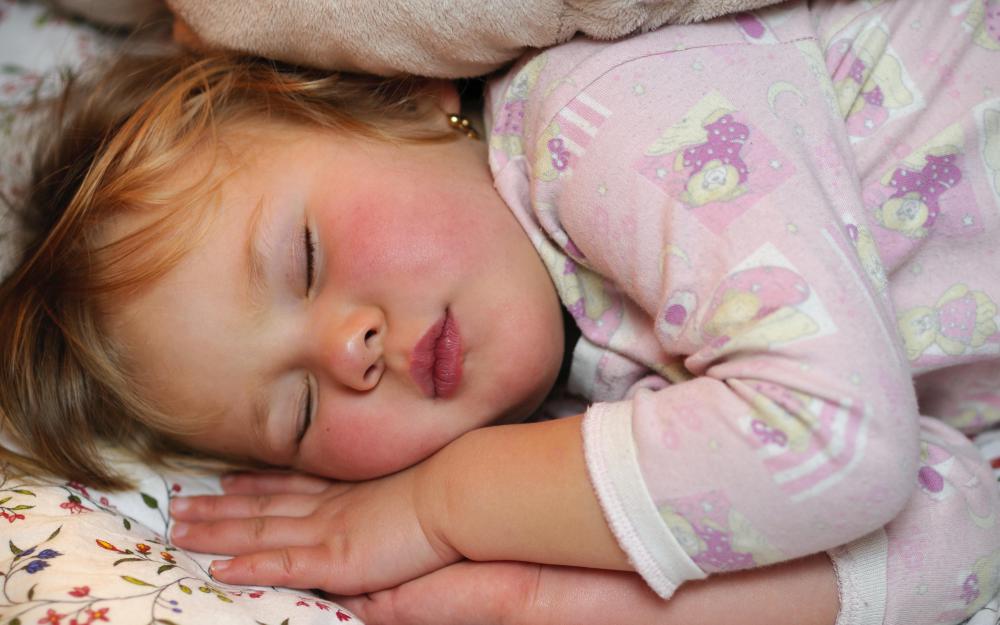At WiseGEEK, we're committed to delivering accurate, trustworthy information. Our expert-authored content is rigorously fact-checked and sourced from credible authorities. Discover how we uphold the highest standards in providing you with reliable knowledge.
What Causes Sleepwalking in Children?
Sleepwalking in children is classified in the parsomnia family of sleep disorders. Sleepwalking, in general, occurs more often in young children than it does in adults. Researchers believe that this may largely be due to nervous system immaturity. Other causes of sleepwalking in children include anxiety, illness, recent life changes, poor sleep habits and, in some, genetics.
Also known as somnambulism, sleepwalking in children generally begins at around 6 years of age and most children stop sleepwalking by approximately age 12. Most pediatricians and researchers are not alarmed by reports of sleepwalking in children, as it is a fairly common occurrence and not generally deemed to be the symptom of a psychological disorder. Although somnambulism is a fairly normal occurrence, sleepwalking episodes are alarming to parents and can be very frightening to a child upon learning about her or his sleepwalking episodes from others.

Sleepwalking in children can occur in both males and females, but tends to occur in boys at a higher rate than girls. Researchers are not sure as to why this is, but have also found that eating while sleepwalking is more common in females. Also, children who begin sleepwalking at 9 years of age or older, often grow up to sleepwalk as adults, and individuals who begin sleepwalking in adulthood, tend to suffer more serious episodes of sleepwalking, as well.

Not getting enough sleep or good quality rest is one of the primary causes of sleepwalking in children. This same cause can contribute to night terrors, which is another type of parasomnia common to children. Stress and a high fever can also cause parasomnia symptoms. Just as childhood sleepwalking may have a genetic link, children who experience night terrors also tend to have a family history of this disorder.

Sleepwalking in children occurs during the slow wave sleep times occurring in the third and fourth stages of sleep, also known as deep sleep. These are not REM sleep stages, which means that sleepwalking disorder is not the result of a dream the child is having. Upon waking, sleepwalkers typically do not recall any part of a sleepwalking episode. There is research to suggest that sleepwalking in children may be due to a combination of anxiety and confusion, which prompts the sleepwalker to react with motor activity even while in an unconscious state.
AS FEATURED ON:
AS FEATURED ON:














Discuss this Article
Post your comments